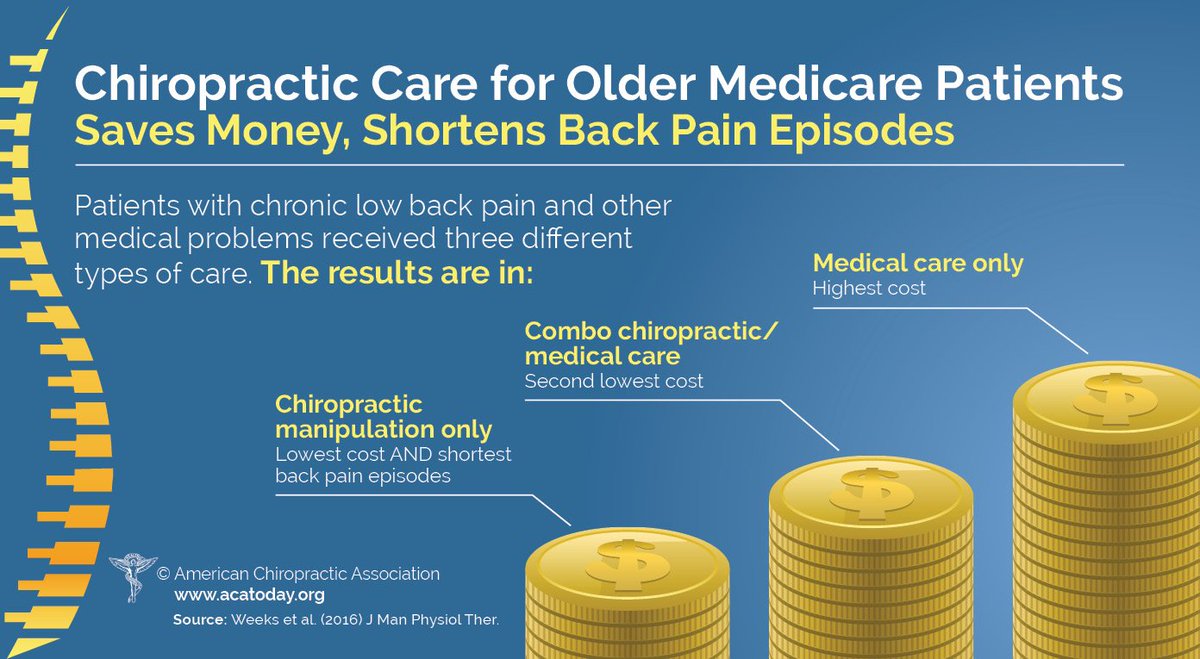The Function Of Nutrition In Back Pain Monitoring: Foods To Eat And Prevent
The Function Of Nutrition In Back Pain Monitoring: Foods To Eat And Prevent
Blog Article
Team Writer-Mcclure Guldborg
When it pertains to handling your pain in the back, the food options you make can dramatically affect how you really feel daily. Think of being able to reduce your pain just by adjusting what you eat. By understanding how to help lower back pain of nutrition in neck and back pain management and understanding which foods to include or avoid, you can take aggressive steps in the direction of a healthier and extra comfortable way of life. The connection between nourishment and back wellness is more profound than you may realize-- allow's check out just how certain foods can either relieve or exacerbate your back pain.
Relevance of Nutrition in Back Pain
Nourishment plays an essential role in managing pain in the back. Your diet can substantially impact inflammation levels and total pain degrees in your back. Eating a balanced diet regimen rich in nutrients like vitamins D and K, calcium, magnesium, and omega-3 fatty acids can help reduce inflammation and strengthen bones, which are crucial for back wellness.
In addition, maintaining a healthy and balanced weight through proper nourishment can relieve stress and anxiety on your back, minimizing the risk of neck and back pain.
Moreover, particular nutrients like anti-oxidants found in fruits and vegetables can aid battle oxidative stress and anxiety and advertise healing in the body, including the back muscle mass and back.
On the other hand, consuming excessive quantities of refined foods, sweet beverages, and unhealthy fats can add to inflammation and weight gain, worsening pain in the back.
Foods to Eat for Back Health And Wellness
To sustain a healthy and balanced back, integrating nutrient-rich foods into your day-to-day dishes is vital. Consisting of foods high in anti-oxidants like berries, spinach, and kale can help in reducing inflammation in your back, relieving discomfort and pain. Omega-3 fats found in fatty fish such as salmon and mackerel have anti-inflammatory buildings that can benefit your back health and wellness.
Additionally, taking in pain in lower back and seeds like almonds, walnuts, and chia seeds provides vital nutrients like magnesium and vitamin E, which sustain muscle mass function and minimize oxidative stress and anxiety. Integrating lean healthy proteins such as poultry, turkey, and tofu can help in muscle mass repair work and upkeep, promoting a solid back.
Don't fail to remember to include dairy or strengthened plant-based options for calcium to sustain bone health and wellness. Last but not least, hydrate with plenty of water to keep your back discs moistened and working ideally. By consisting of these nutrient-dense foods in your diet plan, you can nourish your back and assistance total spine health.
Foods to Avoid for Back Pain
Select staying clear of refined foods high in added sugars and trans fats when seeking relief from back pain. These sorts of foods can contribute to inflammation in the body, which might exacerbate back pain. Say no to sweet treats sweet, pastries, and sweet beverages, as well as convenience food things like hamburgers, french fries, and fried poultry that are usually filled with trans fats.
In addition, steer clear of foods including high levels of refined carbohydrates, such as white bread, pasta, and pastries, as they can spike blood sugar levels and potentially get worse swelling in the body.
It's additionally wise to limit your consumption of foods high in saturated fats, like red meat and full-fat dairy products, as they can contribute to swelling. Refined foods like delicatessens meats, chips, and packaged snacks are commonly high in saturated fats and need to be consumed in small amounts.
Final thought
To conclude, focusing on your diet regimen and making clever food choices can have a significant influence on managing pain in the back. By integrating nutrient-rich foods like berries, fatty fish, nuts, and lean healthy proteins, and preventing refined and sweet products, you can help reduce inflammation and assistance in general back wellness. Keep in mind, what you consume plays an essential duty in exactly how you really feel, so ensure to prioritize your nourishment for a healthier back.
